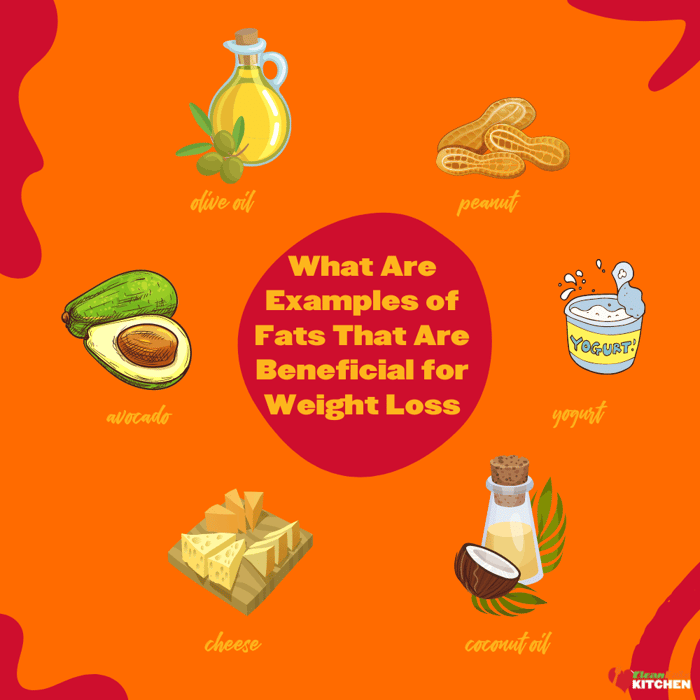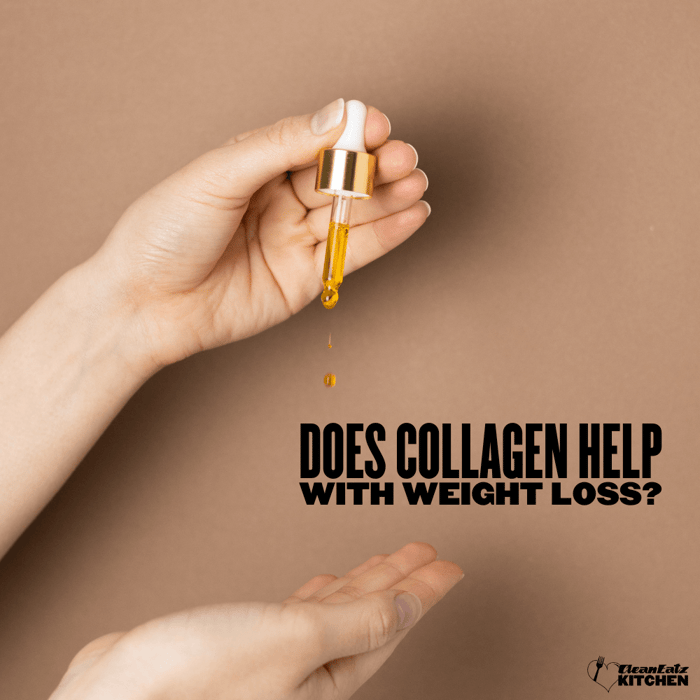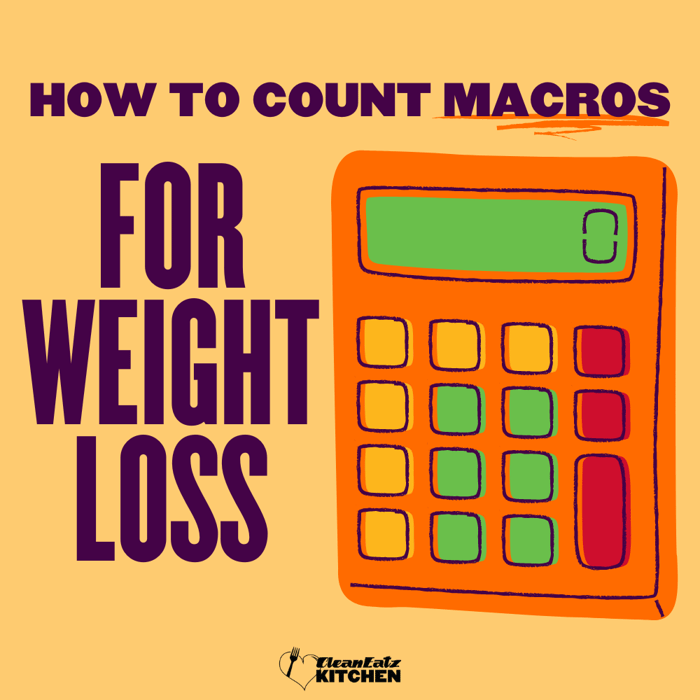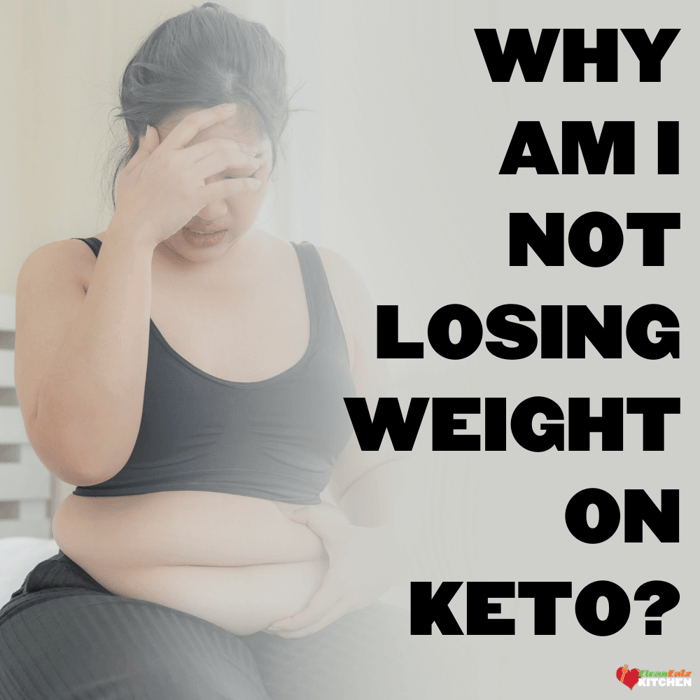Why unsaturated fats help (and what to limit)
- Unsaturated fats (MUFA & PUFA) support cardiometabolic health and, when swapped for saturated/trans fats or refined carbs, can improve your lipid profile and make meals more satisfying—useful for sticking to a calorie target.2, 3
- Saturated fats (butter, lard, coconut/palm) should be limited; replace with liquid non-tropical vegetable oils where possible.4
- Artificial trans fat from partially hydrogenated oils has been removed from the U.S. food supply—still, check labels and avoid products listing “partially hydrogenated.”5, 6
Best examples (with portions)
Liquid plant oils
Extra-virgin or regular olive oil, canola, soybean, sunflower (non-tropical) — great for cooking and dressings. Use to replace butter/shortening.
- 1 Tbsp olive oil ≈ 119 kcal (14 g fat).7
Nuts & nut butters
Almonds, walnuts, pistachios, peanuts, pecans (and their unsweetened butters) add crunch, minerals, and fiber. Meta-analyses show nut intake does not cause weight gain and may aid weight control when calories are managed.8
- 1 oz almonds ≈ 164 kcal (14 g fat, ~6 g protein).9
Seeds
Chia, flax, hemp, pumpkin — deliver fiber and ALA omega-3s; great in yogurt/oatmeal/smoothies.
Avocado & olives
Rich in MUFA and fiber; ideal on grain bowls, eggs, tacos, and salads.
Fatty fish (EPA/DHA omega-3s)
Salmon, sardines, mackerel, trout, herring — aim for 2 servings/week for heart benefits (and protein-rich meals that keep you full).12
Quick portion cheat-sheet
| Food | Typical portion | Approx. calories |
|---|---|---|
| Olive oil | 1 Tbsp (14 g) | ~119 kcal7 |
| Almonds | 1 oz (28 g) | ~164 kcal9 |
| Avocado | ½ medium (~100 g) | ~160–170 kcal10 |
| Peanut/almond butter | 1 Tbsp | ~90–100 kcal (check label) |
| Chia or flax | 1 Tbsp | ~55–70 kcal |
How to use fats for weight loss (without stalling)
- Substitute, don’t just add. Swap butter or creamy sauces for olive-oil vinaigrette; nuts instead of chips; salmon instead of high-fat processed meats.3, 12
- Pair with protein + fiber. A fat + protein + fiber combo improves fullness (e.g., salmon + veggies + olive-oil dressing; Greek yogurt + chia + berries). See our high-protein guide.
- Mind portions. Oils and nut butters are calorie-dense—measure them. If you track, keep fat near 20–35% of calories (e.g., ~40–70 g/day on ~1,800 kcal).1
- Use nuts strategically. RCT/meta-analyses show no excess weight gain from nuts when calories are managed; they can support long-term weight control.8
- Mediterranean pattern works. High-unsaturated-fat dietary patterns (olive oil, nuts, fish) are compatible with weight management and long-term maintenance.13, 14
Label & cooking tips
- Choose non-tropical oils with <4 g saturated fat per Tbsp and no “partially hydrogenated” in ingredients.3, 5
- Dressings/spreads: Pick olive-oil-based dressings; choose nut butters with only “nuts + salt.”
- Fish: Aim for 2 servings/week of fatty fish; avoid deep-fried prep.12
Want a simple plan? Start here: best weight-loss program · set calorie goals · curious about avocados & weight or cardiologists on high-fat diets?
FAQs
Can eating more healthy fat make me gain weight?
Any fat can cause weight gain if total calories exceed your needs. The key is replacing less-healthy fats/refined carbs with unsaturated fats while staying in a deficit.
Are nuts “too high-calorie” for weight loss?
They’re calorie-dense, but trials/meta-analyses show nuts don’t promote weight gain when calories are managed and may improve satiety and diet quality.8
Is olive oil better than butter for weight loss?
Olive oil has heart-healthy MUFA. Replacing butter with olive oil supports cardiometabolic health, and cohort data suggest less weight gain over time when olive oil intake rises.3, 15
References
- U.S. Dietary Guidelines for Americans 2020–2025 — Adults typically aim for 20–35% of calories from fat. dietaryguidelines.gov.
- AHA Scientific Statement: 2021 Dietary Guidance to Improve Cardiovascular Health. Circulation.
- American Heart Association — Healthy cooking oils & swap guidance (choose non-tropical liquid vegetable oils). heart.org.
- American Heart Association — Saturated fats: why to limit and what to use instead. heart.org.
- FDA — Final determination on partially hydrogenated oils (PHOs) not GRAS. fda.gov.
- FDA — Trans fat & labeling overview. fda.gov.
- USDA FoodData Central — Olive oil, 1 Tbsp ≈ 119 kcal. myfooddata.com.
- Nishi SK, et al. Nuts & body weight (systematic review & meta-analysis): nuts do not cause weight gain; may reduce adiposity. Open access.
- MyFoodData — Almonds, 1 oz nutrition. myfooddata.com.
- MyFoodData — Avocado, nutrition and calories. myfooddata.com.
- Ford NA, et al. Nutritional composition of Hass avocado pulp (2023). PMC.
- American Heart Association — Fish & omega-3s: eat fish at least twice per week. heart.org.
- Estruch R, et al. High-fat Mediterranean diet: body weight/waist outcomes from PREDIMED (secondary analysis). Lancet Diabetes Endocrinol.
- Poulimeneas D, et al. Mediterranean diet adherence linked with better weight-loss maintenance. Nutrients (open access).
- Guasch-Ferré M, et al. Changes in olive-oil intake & long-term body weight (NHS/HPFS, 2025). AJCN (PubMed).
Links verified September 2025. Educational content only; not medical advice.




